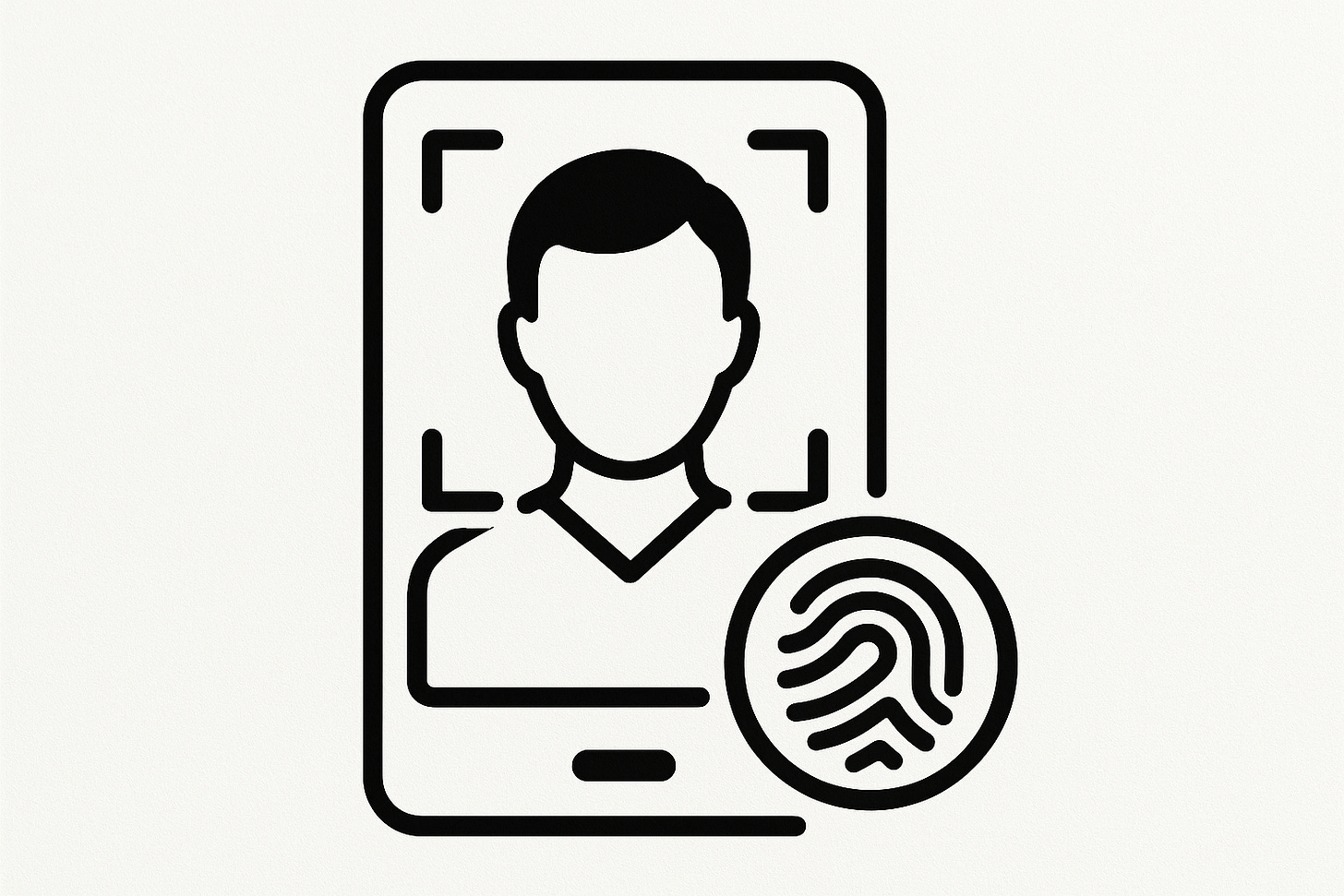AI, Digital IDs, And The Ethical Dilemma
Coming up: An eye-opening mini-series that explores the evolving world of “digital identities.”
Across the world, governments are either pushing or racing to roll out digital identity systems — from biometric ID cards to AI-driven facial recognition tools. A few like China, Singapore, and India have already implemented such systems.
Artificial intelligence (AI) has made the task that much easier for the State. On the surface, these initiatives promise efficiency, security, and convenience. Imagine renewing your driver’s license online in minutes, or accessing healthcare and banking with just a fingerprint or face scan. To many, this sounds like progress.
But beneath the surface lies a thorny ethical debate. Who controls these digital identities - the State or the person concerned? How much of our personal data should be collected, stored, and analyzed? And perhaps most importantly — can it be misused?
Added to this is the argument by critics who say that when nations use AI to manage digital IDs, the risks multiply. AI systems aren’t flawless — they can discriminate, misidentify, or unfairly lock people out of essential services. For instance, facial recognition tools have shown higher error rates for women and minorities, raising concerns about bias baked into the technology.
Then there’s the issue of surveillance. A digital identity that tracks where you go, what you buy, or how you interact online could hand governments or corporations unprecedented power over citizens’ lives. Supporters say this data makes systems smarter and more secure. Skeptics warn it could erode privacy and even lead to a “big brother” society where citizens are constantly monitored.
Ethically, this debate forces us to ask: should the push for efficiency come at the cost of personal freedom? Is it right for governments to demand citizens hand over sensitive biometric details in exchange for basic rights and services?
The perceived fallout is already visible. In some countries, digital ID programs have faced backlash and protests, with citizens fearing exclusion, misuse, or exploitation of their personal data. Instead of building trust, these systems risk widening divides between the state and citizens.
The truth is, digital IDs may well be the future. But if they’re built on AI without transparency, accountability, or respect for human rights, the cost could be far greater than the convenience they offer.
The question isn’t whether digital identities are coming — they are already here in many instances. The real question is: will they empower us, or control us?
As part of the debate on digital identities, our sister resource, “My Data Zero” has launched a 5-part series on digital identities.
The 1st article is already out! Titled “Controller Versus Enabler: The Dual Nature Of Digital Identity”, this article looks at whether digital IDs are meant to be enablers or to control the citizenry.



